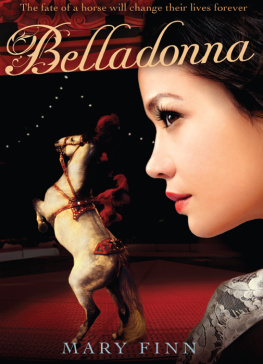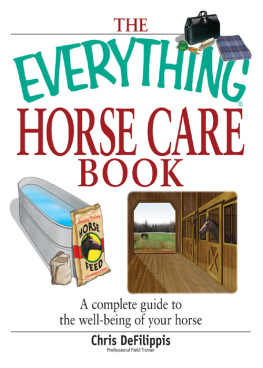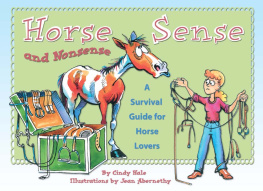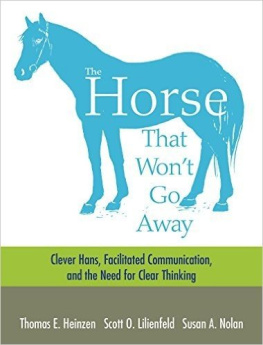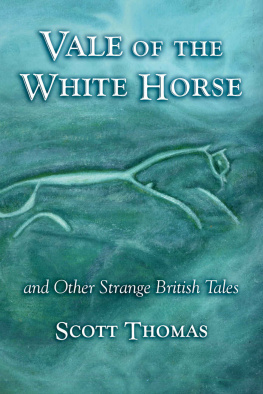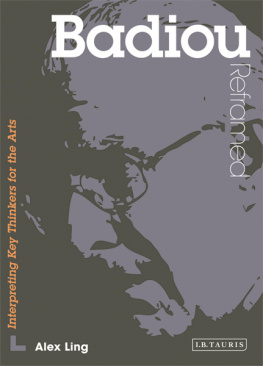I AM T HOMAS R OSE, originally of Horkstow in the county of Lincoln.
I am sixteen years of age now, but I write of what happened last year. The summer of 1757 was when all the strangeness began.
At the time I saw only an end, not a beginning, only bad circumstance and not a sniff of adventure. But it was that end and that circumstance that returned me from the town of Brigg to my own village in the month of August.
If I had not come, I would never have been able to set down this story in pen and ink, as a writer does. Worse, I would never have met the remarkable people who were there, one in particular.

 O N THE LAST SCHOOL DAY of my life, I didnt even make it as far as the Grammar. So perhaps the day before was truly the last, but I do not remember that one.
O N THE LAST SCHOOL DAY of my life, I didnt even make it as far as the Grammar. So perhaps the day before was truly the last, but I do not remember that one.
I was late again because my friends the swans kept their own good time for breakfast. I wasnt the only one who fed the birds, but that day I was alone on the bridge. There was just my face, and what my sister calls my teasel mop, looking back up at me from the water, and then a white cloud broke me into bits, and three gray cloud puffs followed fast from under the arches. A second white kept its distance.
The female nudged the babies if they lagged, but she was as sweet about it as if her beak were only a soft feather, like the rest of her. She was the pen. The father was the cob, the master swan.
Why does the mother swan deserve such a cruel name?
I aimed the pieces of crust as best I could toward the young grays, who bent and twined their necks like ropes. They thought the swan god was dropping bread from the sky.
Then I saw old Waterworth the writing master on the town side of the bridge, turning left, making his way from the early inn to the schoolhouse. I knew the man by the hobble, not the face. If hed come over the bridge and seen me there with my bread for birds, thered have been the devil to pay, though the man wasnt the worst of them.
He was bad enough, all the same.
When I thought about the day ahead, my stomach hardened into a knot. I felt for the sharp nib that stuck out like a canker from the Latin primer in my bag of books. I loved the length of a charcoal or a crayon in my hand, but I hated ink as if it were poison.
Old Nick dips his pen in Thomas Roses inkwell.
Once a day a master would say that, or something like, and then the boys from the town joined the fun. Ink on his fingers, ink on his hooves. Blotch, splotch, gollygotch. They kept their own song for the yard.
Tom foole may go to school, but neer will he be taught there.
Wed be up then and hammering blows, my two fists against ten or twelve of theirs, and even though I was a head taller than any of my mockers, I often had to help myself to whatever made a handy weapon, or be pulped on the spot.
Only the last Friday, my grandfather had been billed, yet again. A snipe of a boy from the lower form ran into the shop bearing a summons from the Grammar, and my poor old gloverman forefather had to down his needles and leathers and threads and go to learn why he was persecuted so.
He came back white as lint.
They said to me, For the wanton destruction of a desk, a property of the school, one guinea down, sir, for the wrong done, and also for our insurance if Master Rose is to continue, but we advise against it. They said you were as unteachable as a rabbit plucked by its ears from the marketplace. They said you fight the best boys of this town. What will I tell your mother, Thomas?
I said nothing. What was there to say she didnt already know?
Old Waterworth had vanished. A cart clopped over the bridge, taking it easy. If it had been facing for home, I would have jumped on the back and tried my chances right then, but it was heading east, through the town.
Back on the bridge, the nib was worked free of its shaft at last, and I flicked the useless thing out over the water. It fell as soundlessly as a piece of bread, but unlike bread, it sank.
My swans paid no heed to the tiny plop of the nib, but when I wheeled the bag of books over my head like a slingshot, they scattered, even before it had hit the water. They were mute, poor things, so their shock was all in their wings and feet. That was badly done by me, to heart-scald the birds like that. I should have crossed to the other side of the bridge to get rid of my chains.
Anyway, the bag had sunk all right, down to the bottom-most part of Brigg, taking with it all my chances in this world, for sure.
All I had to do now was bid my grandfather thank-you and farewell, gather up what lay under my bed, and beg a passage home, or walk the ten or so miles. My mother must be told the truth, nothing less. Maybe at last shed believe Id never count for anything. My father was already primed to swallow that news, though I knew how proud he had been of his son. Thomas Rose, the scholar, learning his Latin in Brigg! But now hed know, black for white, that all the fine pictures I see in my head are worse than nothing, because they cant escape out of me into the world.
Whod ever look at what I put down on a page?
In this way, I left school behind me forever.
 I SHALL BLOW OVER the squalls that followed.
I SHALL BLOW OVER the squalls that followed.
The next day of note in my sorry life was several weeks later.
Id left my fathers work in the late afternoon and taken the road to where I believed Id find something to interest me. I thought it only fair to give warning by kicking a clod ahead of me, but the thing didnt rise, only broke into dust. There was no damp in heaven or earth in the weeks since Id come home to the village. My father said I had brought drought and bad news, both. Anger sat around our house like a guest that wouldnt leave, and lightning cracked the skies outside without bringing rain.
But the girl was there.
This was the third day Id spotted her, huddled in the road ditch that ran between Horkstow and the water.
Each day there was less of her. She was like a clever ground-nesting bird the way she had learned to settle herself deeper down into that tangle of ditch. She was much the same color as one of those birds too, brown and dull. There was only one bit of her that was bold.
Whoever she was, she was smart enough to cover her dress with fat dock leaves, but today, just like the other days, it was the red flash of her kerchief that gave her away. How could she know there were never berries so bright in that hedgerow?
I stopped as if to show that my boots hurt me, and her red top dipped down deeper into the green lattice of weeds. A sly move, girl, but no use to you,

